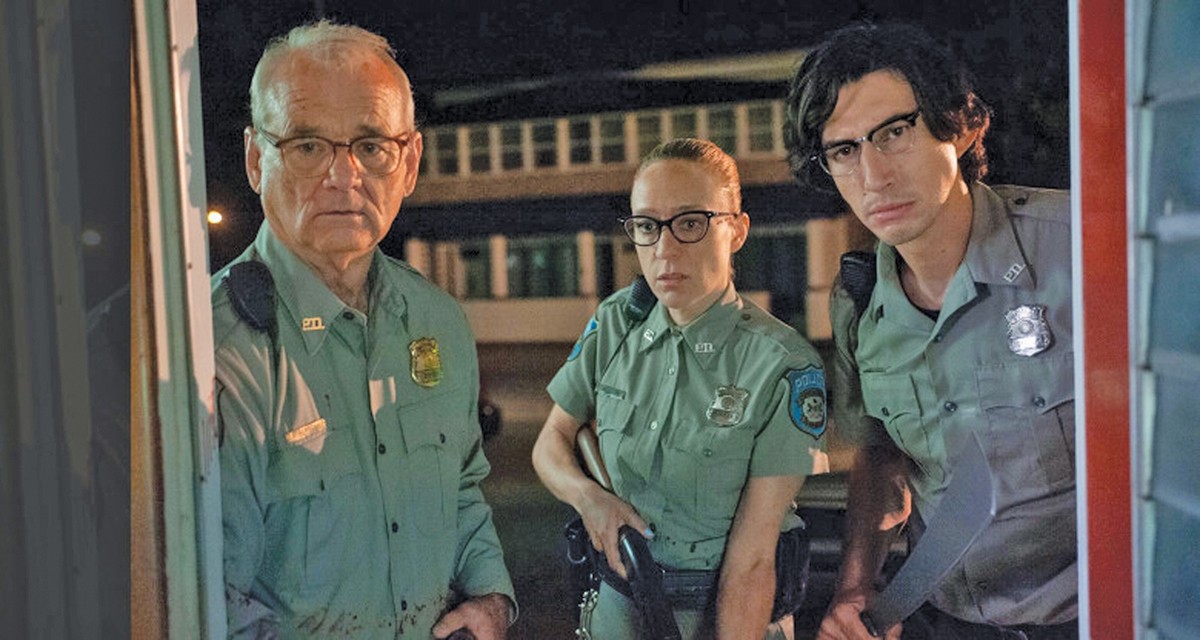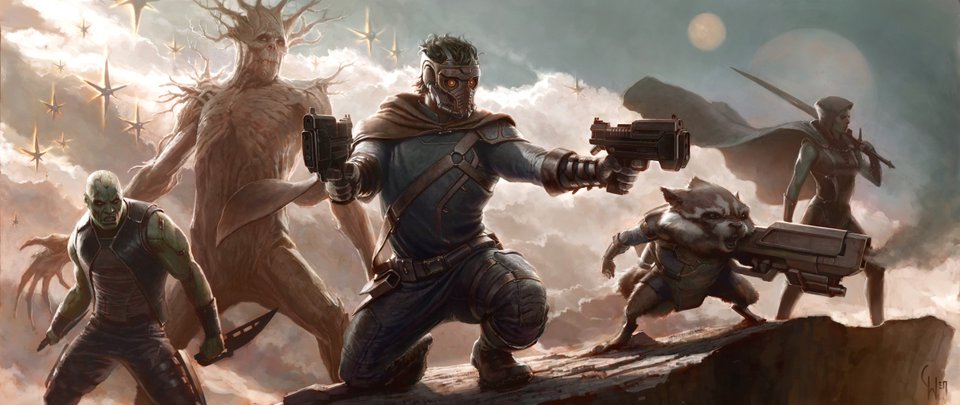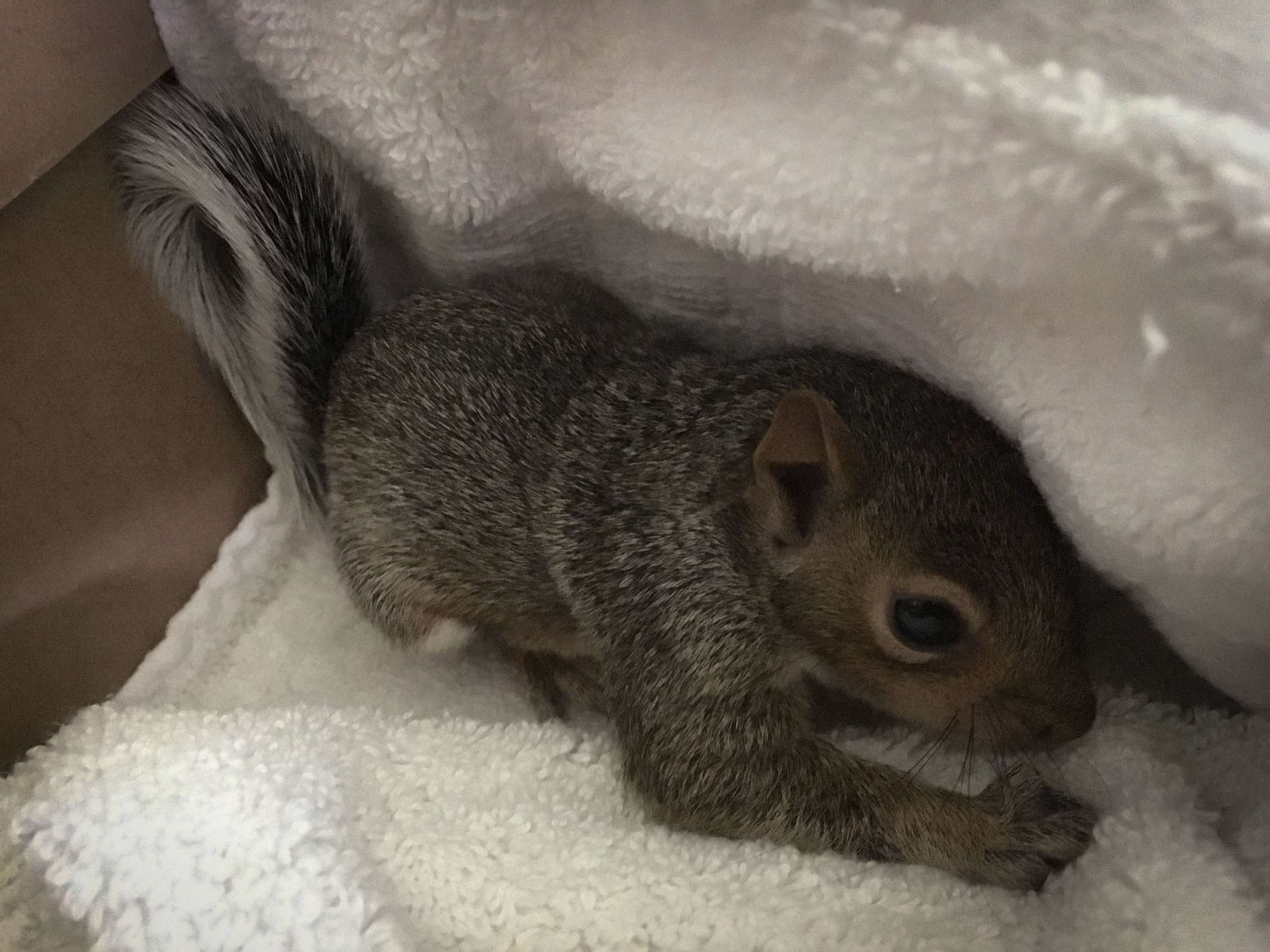The University System of Georgia’s Immunizations Policy, Currently Being Countermanded by the University System of Georgia.
Note — Everything below should be prefaced by this: I have a good job and work with great people at an institution that wants to do the right thing by its students, staff, and faculty. But it’s controlled by a larger entity of political appointees and business people who make top-down decisions at the state level that tie the hands of better people at institutions all across Georgia.
This morning my wife's work email has been flooded with news of students in her in-person classes who must quarantine because of Covid. A number of students she was in contact with (as recently as yesterday morning) have volunteered to her that they have tested positive. Her classes include dual-enrolled students who attend the local high school, where asymptomatic positive cases are being allowed to return to the high school’s campus and circulate among other students.
Some of Crystal’s infected students don’t seem to understand they have to quarantine, and have indicated they’ll return to class as soon as next week. Which isn’t happening, but they have to be told that. College students who don’t seem to understand the gravity of the situation is just one more thing we, as teachers, have to fight against. Meanwhile, staff members at our institution are hospitalized and sick with Covid. Lungs scarred. Family members dead. People in our community of Bleckley County, Georgia, are dying.
And so:
Given the Georgia University System's position of no vaccination requirements and their directive to college presidents that they cannot impose mask mandates (which pretty much contradicts BOR policy on public health and vaccinations), my wife has no good options. Though she wears a 5-layered mask and provides masks for students every day out of her own pocket, she cannot require masks in her classroom. Though she has almost two decades’ experience in virtual learning, she cannot move her classes online. Though she fought last year to get classrooms with more accurate social distancing, she must, this year, hold classes in tiny rooms with up to 27 students packed in at once. Really, she can't do one sensible thing. Because “campus presence” is the only mandate our University System has handed down, and boy, do they mean it.
So, instead, day after day, Crystal returns to multiple classrooms where students are spreading the disease because they do not take precautions or preventative measures outside of class. Do they wear the masks Crystal brings? Most do (a success rate that is NOT shared across our institution by other faculty making the same request, the same plea). But how helpful her efforts are remains to be seen. Students arrive to class unmasked, leave unmasked, and are not made to wear them ANYWHERE at ANYTIME (except, ha, the Health Clinic, which makes for a gallows kind of irony). So this is the mandate of the Georgia Board of Regents, and it is shameful and harmful to faculty and students. No one, absent the Board members themselves, would claim otherwise. This decision was made, quite simply, because state politics and money have been privileged over human life. It was made, admittedly, long before the Delta variant reared its ugly head, but in the weeks and months since, it has not changed or shifted in the slightest, despite the overwhelming surge in cases and sickness. Despite the science. Despite an open letter from their own Advisory Council on Biological Sciences, signed by hundreds of staff and faculty from around the state.
If ever I was disillusioned with a system, friends, I am utterly disillusioned with higher ed in Georgia. I’ve been utterly disgusted, actually, for a while, but there’s little hope in the face of such willful neglect. Worse, I’m fearful. Fearful for my wife's safety, despite the fact that she and I are both vaccinated and will be getting boosters as soon as they're available to us. But a booster shot won't change the fear or anxiety she has to feel, every day, just walking into her classroom to do the job she does so well. The job she wants to do well. Despite the fact that it puts her at risk of becoming, at minimum, an asymptomatic carrier of the Delta variant, which means, of course, that we CANNOT travel to see her elderly parents, both of whom are immunocompromised.
So she’s getting tested today. No symptoms, so we’re hopeful there. We’ll see.
But it seems the odds just aren't in anyone's favor anymore.
Unfortunately, neither is the Board of Regents.








































